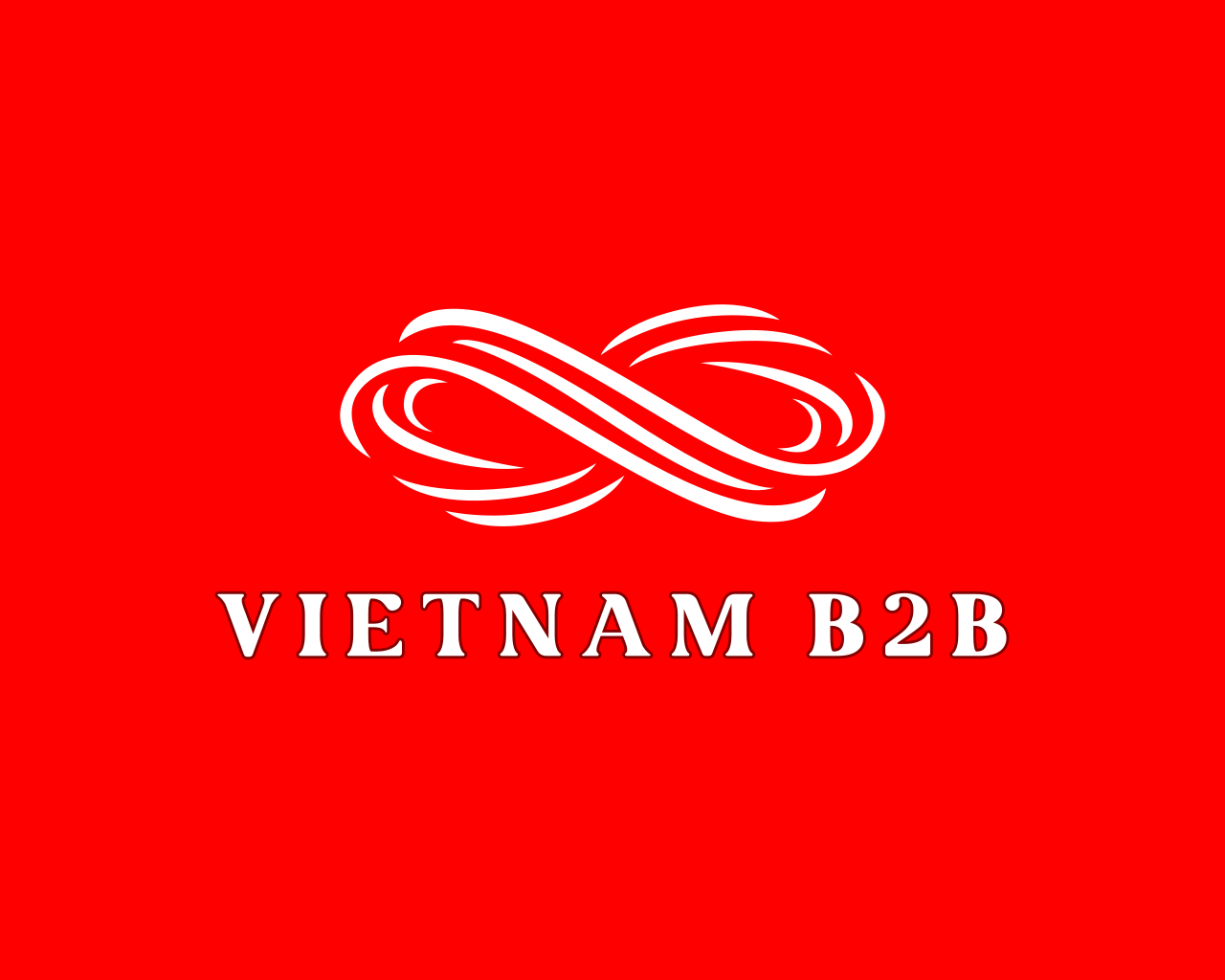The Ministry of Planning and Investment highlighted persistent challenges in international trade, capital flow, and administrative procedures during the monthly government meeting on Wednesday. Despite ongoing obstacles, Vietnam’s economy has demonstrated improved resilience in adapting to global and local conditions, with positive indicators such as a 3.46% year-on-year increase in the Consumer Price Index (CPI) for November and a 3.22% average year-to-date CPI growth.
Net exports reached US$25.83 billion, reflecting a substantial increase from 2022 figures, and registered Foreign Direct Investment (FDI) totaled nearly $28.85 billion, marking a 15% year-on-year rise, with new investments comprising 42.4% of total FDI. However, the economy faces challenges in international trade, with a decline in the total value of exports and imports compared to the same period last year, particularly in key products such as phones and machinery.
Credit utilization remains limited due to cumbersome administrative procedures, resulting in a growth rate of 8.8%, below the 12% growth recorded during the same period last year. Bad debts increased to 4.93%, surpassing the 3% target, and the restructuring of underperforming banks has been slow.
The Ministry stressed the need for both short-term and long-term solutions, emphasizing a focus on the three engines driving economic growth: investment, consumption, and exports. It urged active and flexible monetary policies, expanded fiscal policies, and industry-specific adjustments, such as in electricity, healthcare, and education. The Ministry also recommended leveraging the shift in the global supply chain to attract investment in new industries like chip manufacturing and promoting innovation, particularly in human resources.
To address growing unemployment, it called on the Ministry of Labor – Invalids and Social Affairs to provide solutions for stable livelihoods and facilitate the transition to new jobs. Simultaneously, streamlining unnecessary business startup requirements was proposed to enhance convenience for enterprises and the public.
Prime Minister Pham Minh Chinh, who chaired the meeting, emphasized a pragmatic approach to problem-solving, prioritizing national and public interests, continuous learning, listening to the people, and a readiness to amend regulations promptly if needed.
